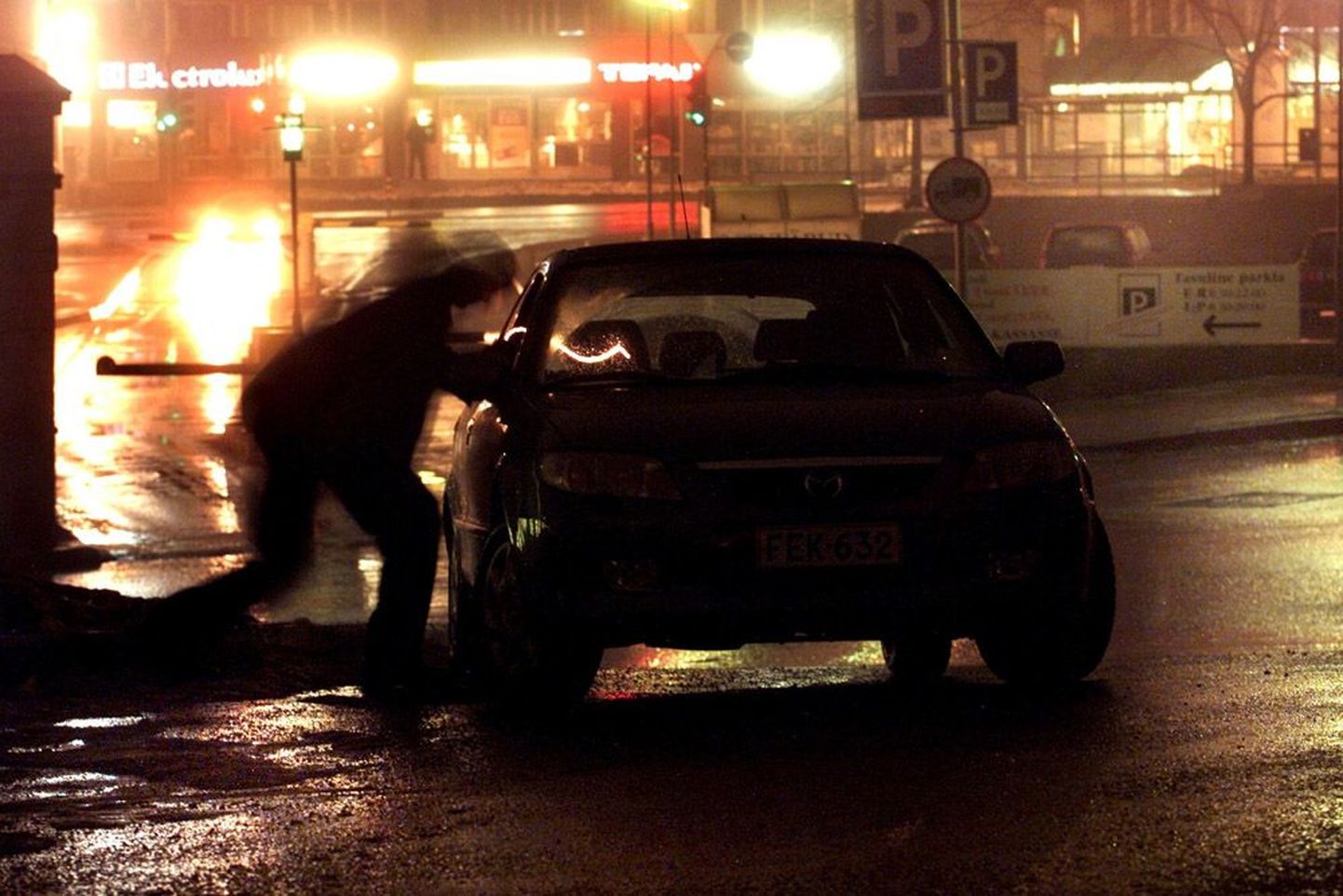
Supreme Court takes stand on last known case of stolen car sold back to owner.

Supreme Court takes stand on last known case of stolen car sold back to owner.
The recent Supreme Court judgement, convicting men selling stolen cars back to owners as extortionists, put a full stop to an entire era – resale of vehicles to owners, formerly the daily bread of dozens of crooks, has died out as a species of crimes.
The Supreme Court ruling of June 5th not to accept appeal by sworn advocate Sven Sillar in defence of Andrei Tonkovitš pronounced guilty in extortion, is the last judgement concerning a once wide-spread source of income for Estonia’s organised crime.
As late as some five-six years back, reselling stolen cars to owners used to be a «foolproof» business, flourishing since the 1990ies. In Tallinn, it was the specialty of a certain gang on thieves. They were in the habit of stealing a couple of older cars a week, vehicles usually without Kasko insurance, the loss of which meant pure material loss to owners. The stolen vehicles were stored at certain locations, waiting for owners to start looking for them via acquaintances.
Proven method
The local circles of well-known criminals being narrow, in nine cases of ten the person interested in buying the vehicle back reached the right contacts. As a rule, the «resale» price amounted to a third of the car’s market value.
Therefore, the thieves were interested in cars costing 100,000 to 200,000 Estonian kroons, promising better income. Usually, the transactions were settled with 30,000 to 60,000 kroons. A decade ago, this was substantial money, and as a rule the victims coughed it up, somehow. And, provided multiple such transactions happened in a week, the thieves were on a roll.
Viktor Brujev, car investigations chief in Northern Prefecture, thinks that in the past, the above described scheme might have covered up to a half of all car thefts in Tallinn.
About a dozen years back, police and prosecutors entered into an agreement to zero in on the resellers – instead of the tiresome chasing of thieves. Deeming this to be a better way of destroying the criminal infrastructure; phone calls between parties serving as evidence to convict the criminals.
Trade loses lustre
The first heavy blow was delivered in 2002, with a police operation resulting in arrest in Tallinn of a major reseller Talvo, a man with no prior criminal record. According to data accumulated by criminal police, Talvo had, by then, managed to stay in the reselling business for many a year.
Talvo had connections both among crooks and policemen. From the latter, he illegally gained contact information of victims, thereafter arranging meetings of thieves with car owners.
To victims, he claimed that if they do not pay, the car will either be destroyed or just disappear. This offered a chance to interpret the activities as extortion. Talvo was convicted for extortion, creating a precedent in the criminal worlds.
After the investigators changed tactics, the organised crime subclass started to dwindle. The criminals started avoiding contacting victims, as instead of reselling stolen items, they could now be accused of extortion.
«For selling stolen items, imprisonment up to three years was prescribed by law; however, extortion is punished much more severely, so nobody wanted to risk anymore. The danger of long real imprisonments was too serious,» says Mr Brujev.
With the shrinking of the resale market, the number of car thefts significantly decreased. These past years, police has not had to deal with cases like this. The conviction, recently settled in Supreme Court, also being a rare exception.